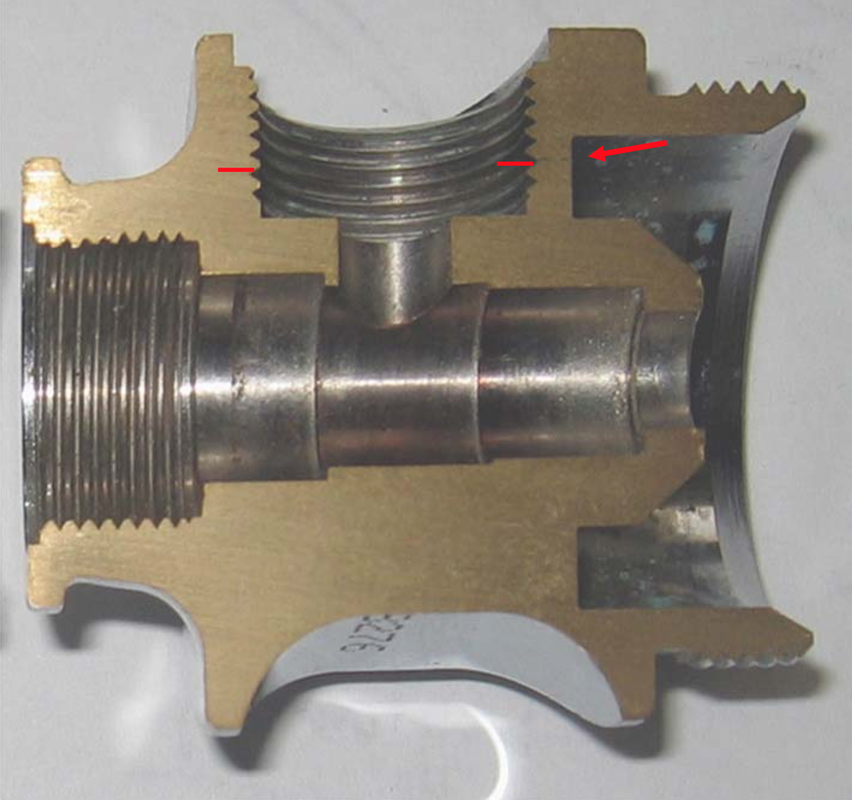The shop should arrange for dive rite to give you a new regulator. This whole story smells pretty bad to me. Either the regulator was cracked on arrival to the shop, in which case dive rite will certainly replace it, or the dive shop did something to crack it, which means they are responsible, or it's not cracked and they're just trying to sell you a new regulator. One of those three things has to be true, right? Or am I missing something.
Just another of many, many stories that make me very glad I service my own regulators.





